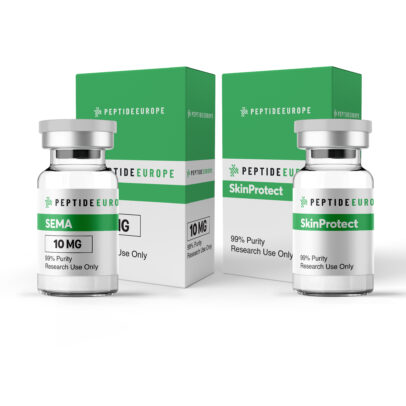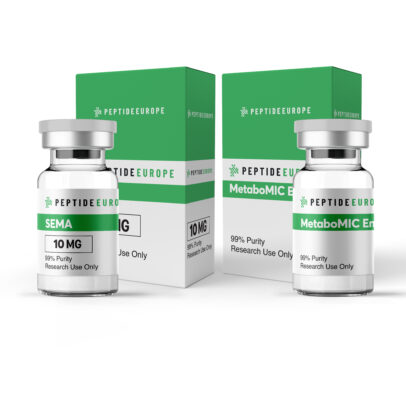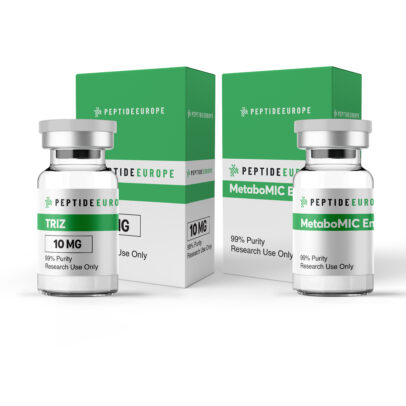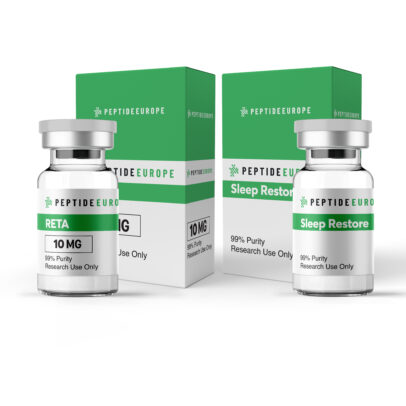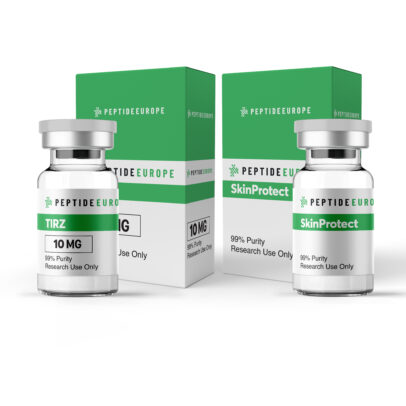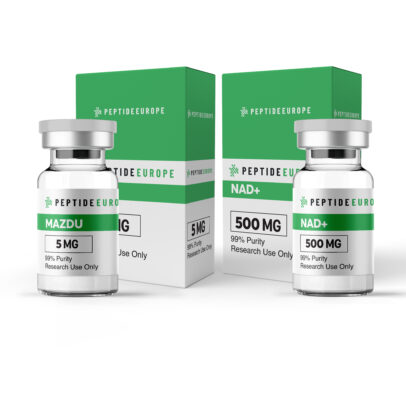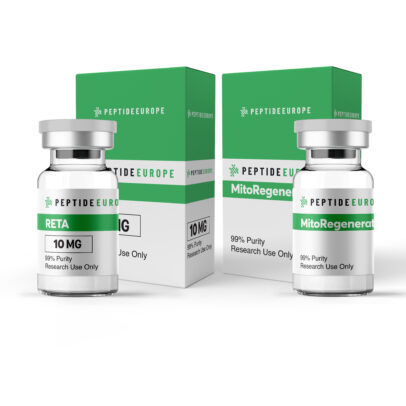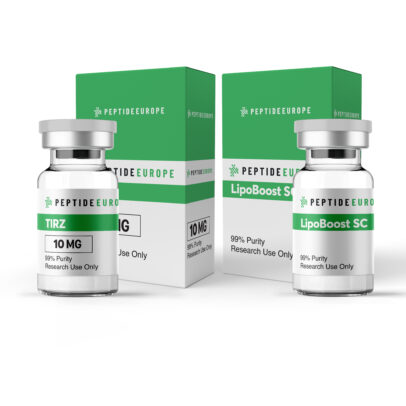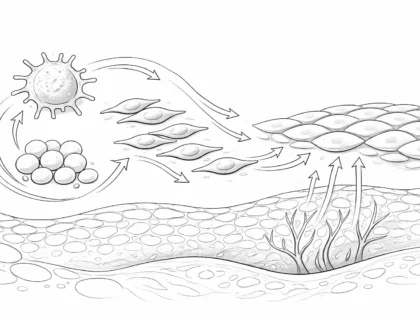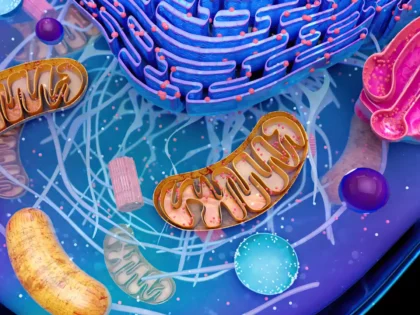Lactobacillus: Gut-Friendly Bacteria Your Body Will Thank You For
-
PepEurope
- Posted on
- 0 comments
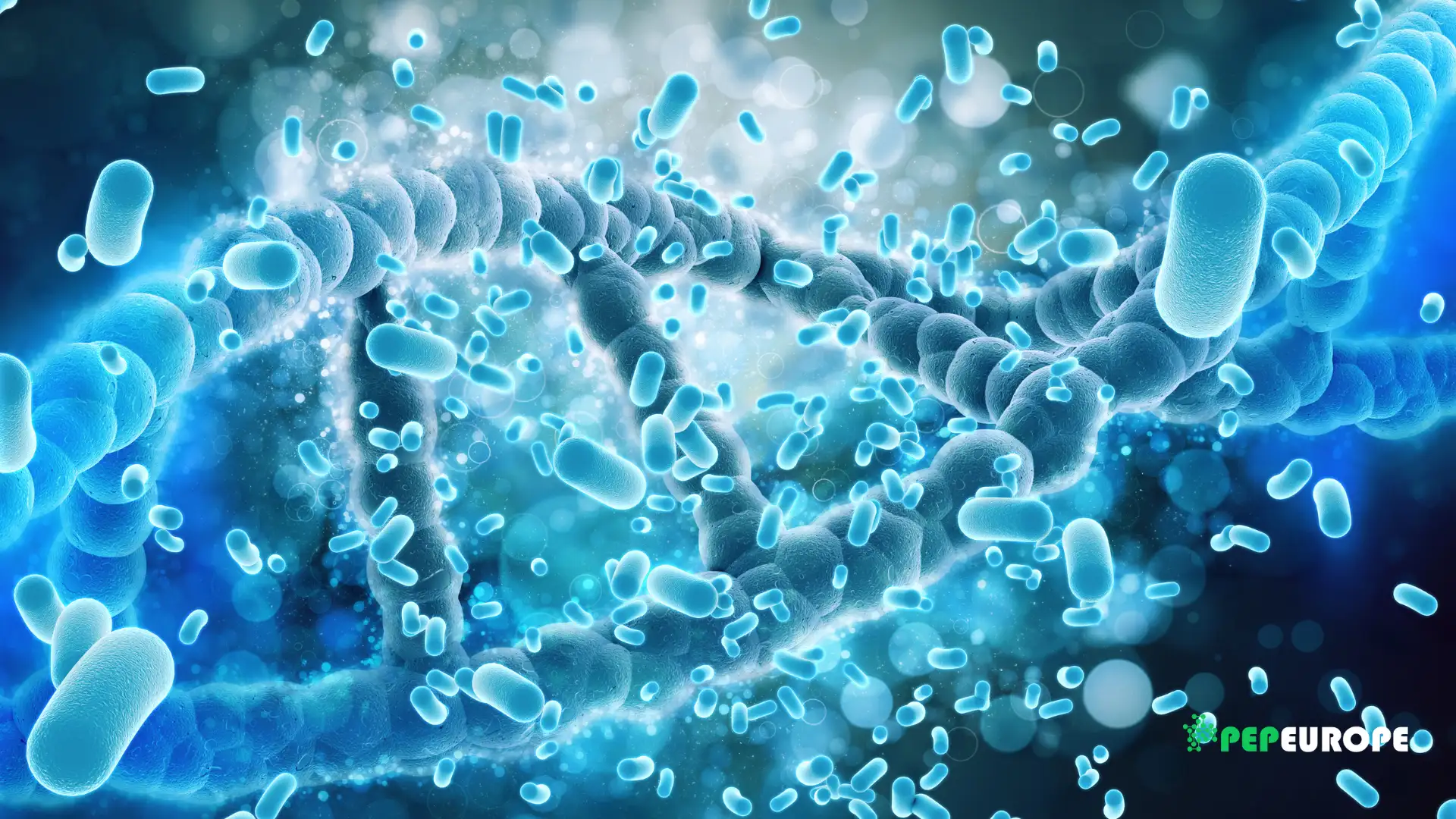
Wondering what lactobacillus actually does for your health? Learn about its benefits, how to get it naturally, and why your digestive system (and beyond!) needs it so much.
Have You Heard of Lactobacillus? Here's Why You Should Include It In Your Daily Routine
Let's be honest: the word doesn't sound very friendly. It's more like a biology textbook or a drug ad. But believe me, if you care about your digestion, immunity, skin, mood or just well-being, this little bacteria is of great importance.
It’s one of those “good bacteria” that your gut loves. They live in your digestive system (and beyond), and their main job? To keep you in balance. They help digest your food, absorb nutrients, fight off bad bacteria, and even stabilize your mood. Not bad for something microscopic, right?
So let's break it all down in simple language that really helps you understand what it is and what it can do for you.
What exactly is Lactobacillus?
Lactobacillus is a type of probiotic, a living microorganism that supports the functioning of the body, especially the digestive system. It occurs naturally in the intestines, mouth and reproductive system, and can also be found in products such as yogurt, kefir, sauerkraut and kimchi.
These bacteria convert sugars (such as lactose) into lactic acid. Why is this important? Lactic acid maintains a slightly acidic environment in the intestines, which makes it harder for “bad” bacteria to grow. In short, it helps maintain healthy gut flora.
And that means less bloating, better digestion, stronger immunity, and maybe even better skin and a better mood.
Real benefits (that you can actually feel)
Let's get down to specifics - what does lactobacillus really do?
- Better digestion without stress
If you've ever struggled with bloating, cramps, or the sudden urge to run to the bathroom (we've all been there), this could be your new ally.
Helps by:
- Restoration of good bacterial flora after antibiotics
- Relief of IBS symptoms and mild digestive problems
- Breaking down lactose (great for those with intolerance)
- Stronger immunity, fewer sick days
Your digestive system and immune system are much more connected than you might think. A healthy gut often means better immunity. Some studies show that lactobacillus can:
- Enhance the effectiveness of vaccines
- Help fight infections faster
- Reduce inflammation in the body
It's like giving your immunity extra support.
- For women, support for intimate health
For women, it is especially important in maintaining the natural pH and balance of vaginal microflora. A good balance means:
- Fewer yeast infections
- Reduced risk of bacterial vaginosis
- Better regeneration after antibiotics
Bonus: Many women simply feel “fresher” and more comfortable when they regularly consume probiotic-rich foods.
- It can improve your mood
It sounds unbelievable, but it's true, the gut and brain are connected by something scientists call the "gut-brain nexus." And what helps with this communication? Yes, probiotics like.
Some people notice:
- Better sleep
- Less tension and stress
- A more stable, positive mood
It's not a cure for depression, but it can definitely support your overall well-being.
- It can lower cholesterol and support the heart
Preliminary research suggests that some strains of lactobacillus may help lower bad LDL cholesterol and support cardiovascular health. Scientists are still studying this, but that’s another reason to like it.
Natural sources (no pills)
Not a fan of supplements? There are plenty of foods naturally rich in them, including:
- Yogurt (look for the words “live cultures”)
- Kefir slightly sour drinking yogurt
- Sauerkraut only raw and unpasteurized
- Kimchi Korean Pickled Vegetables
- Pickled cucumbers only without vinegar
- Miso and tempeh perfect for vegans
Simply add one of these foods to your diet to notice a difference in your digestion.
What about supplements?
If pickles aren’t your thing, or you’re traveling and need something convenient, probiotic supplements are also a good option.
Some tips:
- Choose products with different strains, not just one
- Look for those with at least 5-10 billion CFU
- Take with food so more bacteria survive
- If you have to store them in the fridge, keep an eye on it!
And of course, consult your doctor if you have any chronic illnesses or take medications. If you have a weakened immune system… talk to your doctor.
Side effects?
For most people it is very gentle and safe. But at first you may notice:
- Mild bloating or gas (usually goes away after a few days)
- Slight changes in digestion until the body gets used to it
If you have a weakened immune system (e.g. due to HIV, chemotherapy, or transplant), be sure to talk to your doctor before starting supplementation.
FAQ
How quickly does lactobacillus work?
Some people feel a difference after a week. For deeper intestinal regeneration, 3-4 weeks are needed.
Can it be taken every day?
Absolutely. Many people use it long term to maintain a balanced intestinal flora.
Does it help after antibiotics?
Yes! This is one of the best solutions to avoid diarrhea and restore flora faster after antibiotic therapy.
In conclusion: Small bacteria, big deal
We tend to think of bacteria as a bad thing, but lactobacillus is a whole different story. If you’re looking to improve your digestion, get sick less often, or just feel better on a daily basis, this probiotic can be a simple and effective addition to your routine.
Eat fermented foods, take a good supplement if needed, and let your microbiome do its thing. You might be surprised how much difference taking care of your good bacteria can make.


